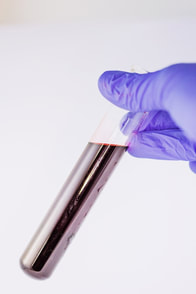See below for a list of common lab tests and specialized lab tests our Naturopathic Doctors at the Butterfly Naturopathic Clinic can offer you:
|


|
See below for a list of common lab tests and specialized lab tests our Naturopathic Doctors at the Butterfly Naturopathic Clinic can offer you:
|
LocationPLEASE NOTE: Your First Appt will be online or by phone. Please do not come to the clinic in person as online appts will not be admitted. |
Contact Us(604) 980-8885Phone Reception HoursTues - Fri 9:30am - 6:30pm
|
We are Licensed or Registered with: |